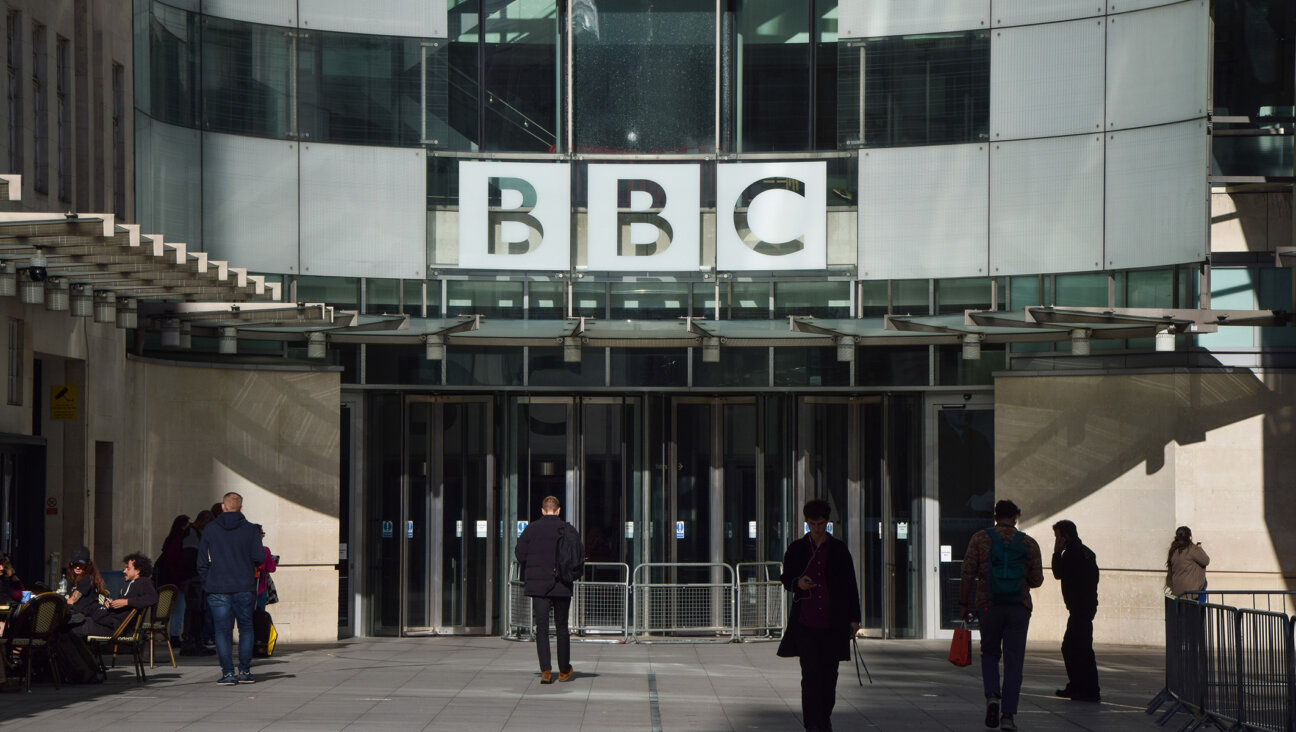U.S.: Jerusalem’s Fate Should Be Decided by Israelis, Palestinians
Shortly after European Union Ministers announced their support for the division of Jerusalem between Israel and a future Palestinian state on Tuesday, the U.S. State Department issued a statement saying that the fate of Jerusalem should only be determined by Israel and the Palestinians in talks.
“Our position on Jerusalem is clear. United States policy remains unaffected and unchanged: As has been stated by every previous administration which addressed this issue, the status of Jerusalem, and all other permanent status issues, must be resolved by the parties through negotiations,” the statement read.
The status of Jerusalem – a city holy to three religions – is a sensitive issue for Israel, which considers the city to be its indivisible capital. Palestinians want the eastern part of Jerusalem to serve as the capital of a Palestinian state.
Jordanian Foreign Minister Nasser Judeh, however, welcomed the EU foreign ministers’ statement as an “extremely important attitude.”
“The EU ministerial council’s decision on the Middle East and Jerusalem in particular implies a landmark and extremely important attitude,” Judeh told the state-run television.
Last week, Sweden presented a draft document supporting the division of Jerusalem and the recognition of East Jerusalem as the capital of a future Palestinian state.
Earlier Tuesday, Foreign Ministry officials responded with harsh criticism to the European declaration, saying that Sweden, which holds the EU’s rotating presidency, had failed.
“The peace process in the Middle East is not like IKEA furniture,” one official said, making a reference to the do-it-yourself Swedish furniture chain. “It takes more than a screw and a hammer, it takes a true understanding of the constraints and sensitivities of both sides, and in that Sweden failed miserably.”
The Foreign Ministry said that Tuesday’s EU statement was substantially softer than Sweden’s initial draft, once again demonstrating Sweden’s failure as the rotating president of the union. “Sweden has done nothing over recent months to advance the Middle East peace process,” the Foreign Ministry officials said. “The EU’s only saving grace is that some of its members are responsible and moderate nations that didn’t support the Swedish draft, which looked like something taken out of the Fatah platform at the Bethlehem conference.”
The senior officials added that a group of nations had “saved the European Union from itself, since any other decision would have dealt severe harm to the relations between Jerusalem and Brussels, and would have prevented the EU from becoming an important partner in the peace process.”
Meanwhile, the Foreign Ministry issued an official response to the EU statement, saying that the “European Union ignores the primary obstacle to achieving a resolution between Israel and the Palestinians: the Palestinian refusal to return to the negotiating table.”
“Given the Israeli government’s efforts to renew the negotiations, Israel regrets that the EU has chosen to adopt a text that, although containing nothing new, does not contribute to the renewal of negotiations,” the statement continued.
“In light of the extreme draft originally presented by the Swedish presidency at the start of discussions, Israel does welcome the fact that at the end of the process the voices of the responsible and reasonable EU states prevailed, balancing and improving the text. We also welcome the recognition given to the measures and efforts taken by Israel to enable the resumption of negotiations,” it went on to say.
“We expect the EU to act to promote direct negotiations between the parties, while considering Israel’s security needs and understanding that Israel’s Jewish character must be preserved in any future agreement,” concluded the statement.
Meanwhile, Jerusalem Mayor Nir Barkat also issued a statement, saying that he “completely rejects the decision of the EU to support the division of Jerusalem,” calling it a real danger for the future of Jerusalem and predicting that such a division would never work. Barkat noted that the recent celebration of the 20th anniversary of the reunification of Berlin reminds us that “no divided city in the history of the world has functioned properly.”














